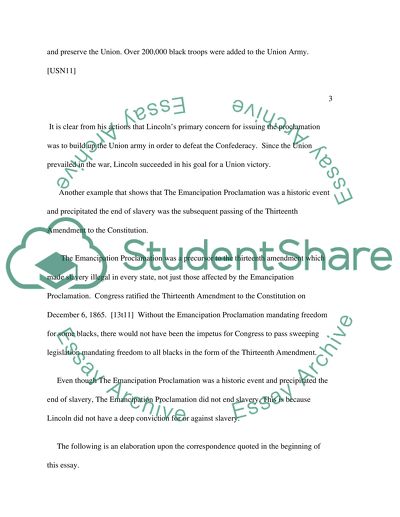Cite this document
(“Did Lincoln really want to free the slaves Research Paper”, n.d.)
Retrieved from https://studentshare.org/history/1407973-did-lincoln-really-want-to-free-the-slaves
Retrieved from https://studentshare.org/history/1407973-did-lincoln-really-want-to-free-the-slaves
(Did Lincoln Really Want to Free the Slaves Research Paper)
https://studentshare.org/history/1407973-did-lincoln-really-want-to-free-the-slaves.
https://studentshare.org/history/1407973-did-lincoln-really-want-to-free-the-slaves.
“Did Lincoln Really Want to Free the Slaves Research Paper”, n.d. https://studentshare.org/history/1407973-did-lincoln-really-want-to-free-the-slaves.


